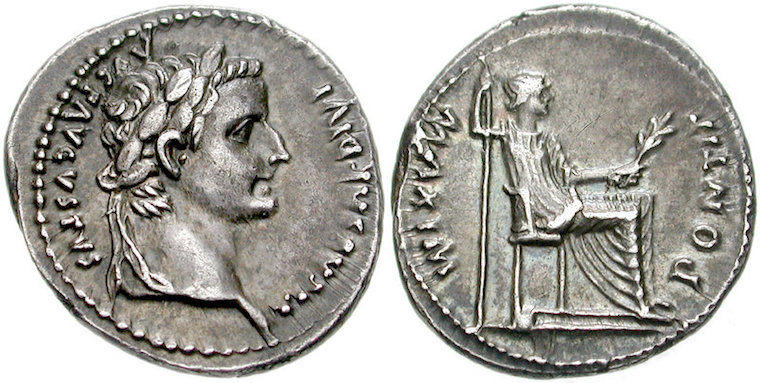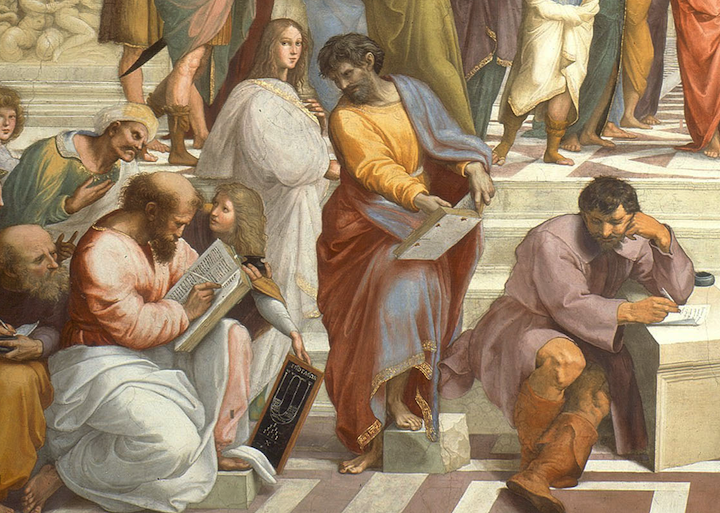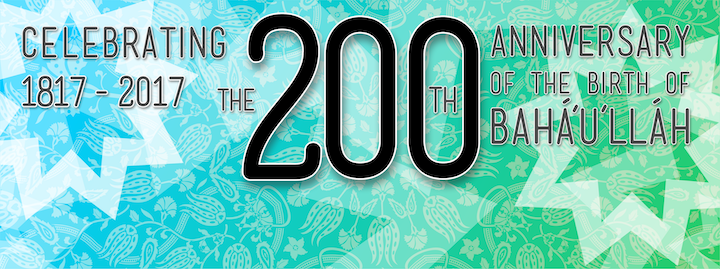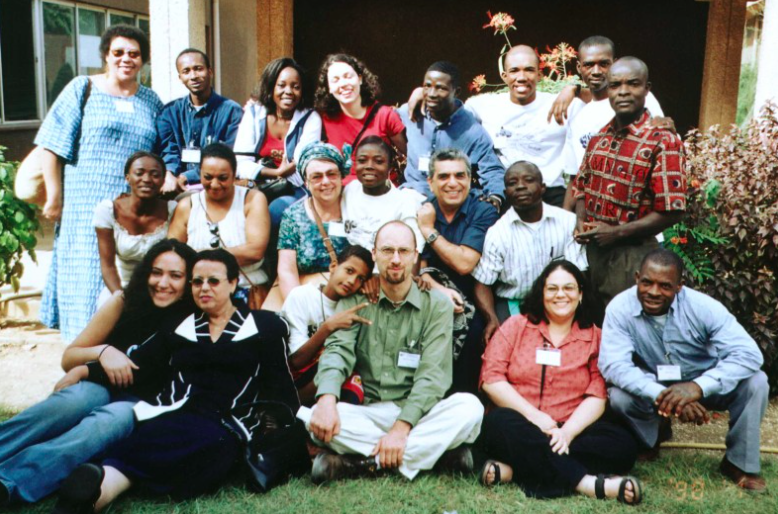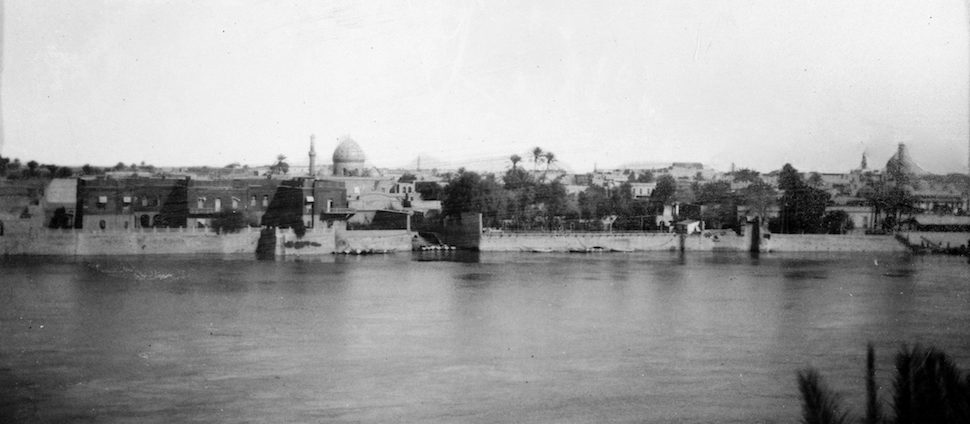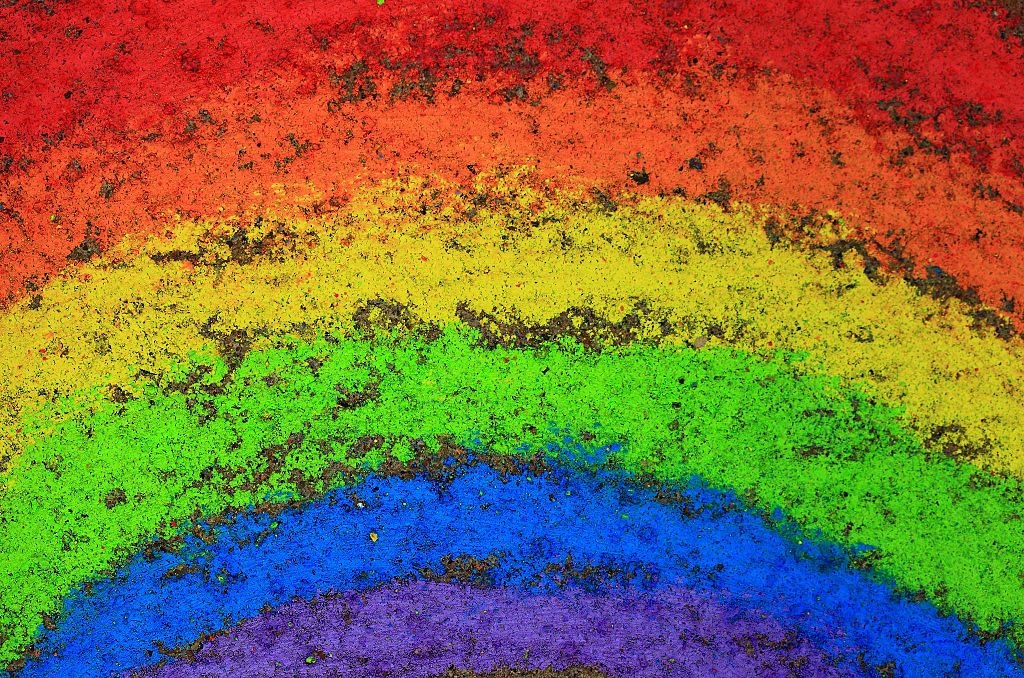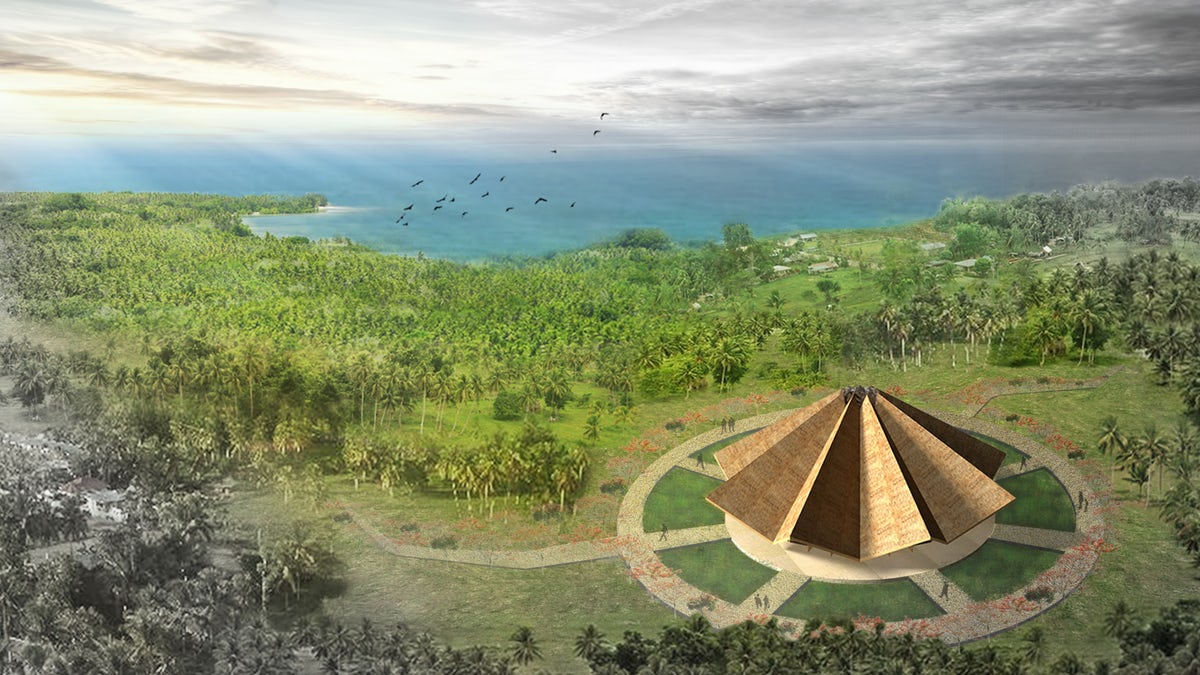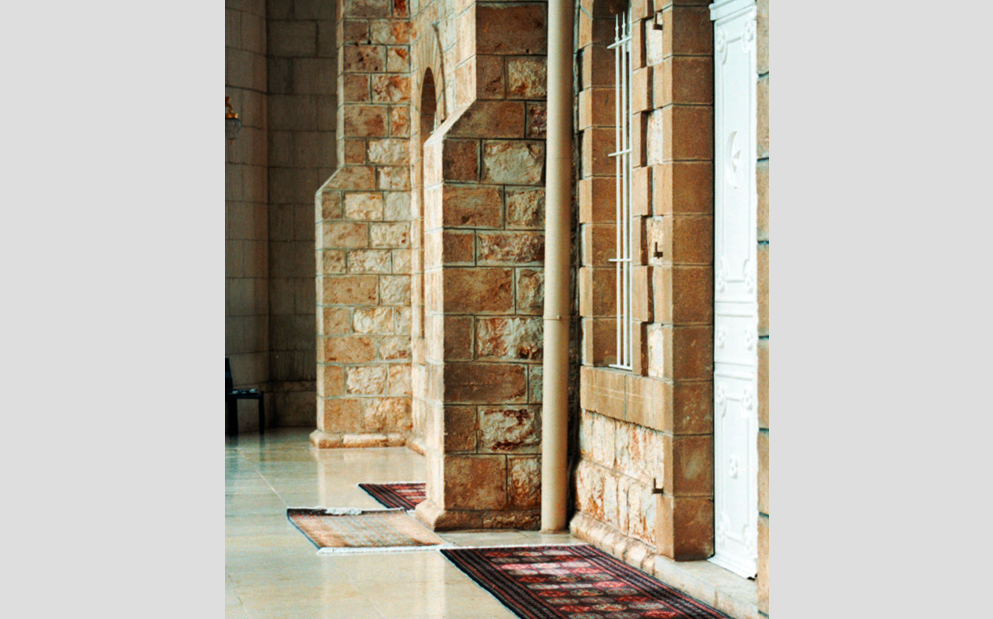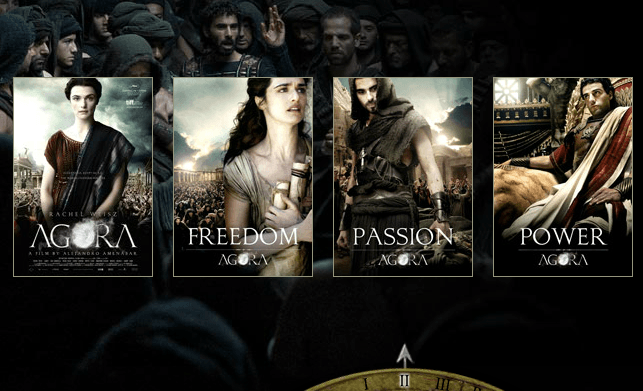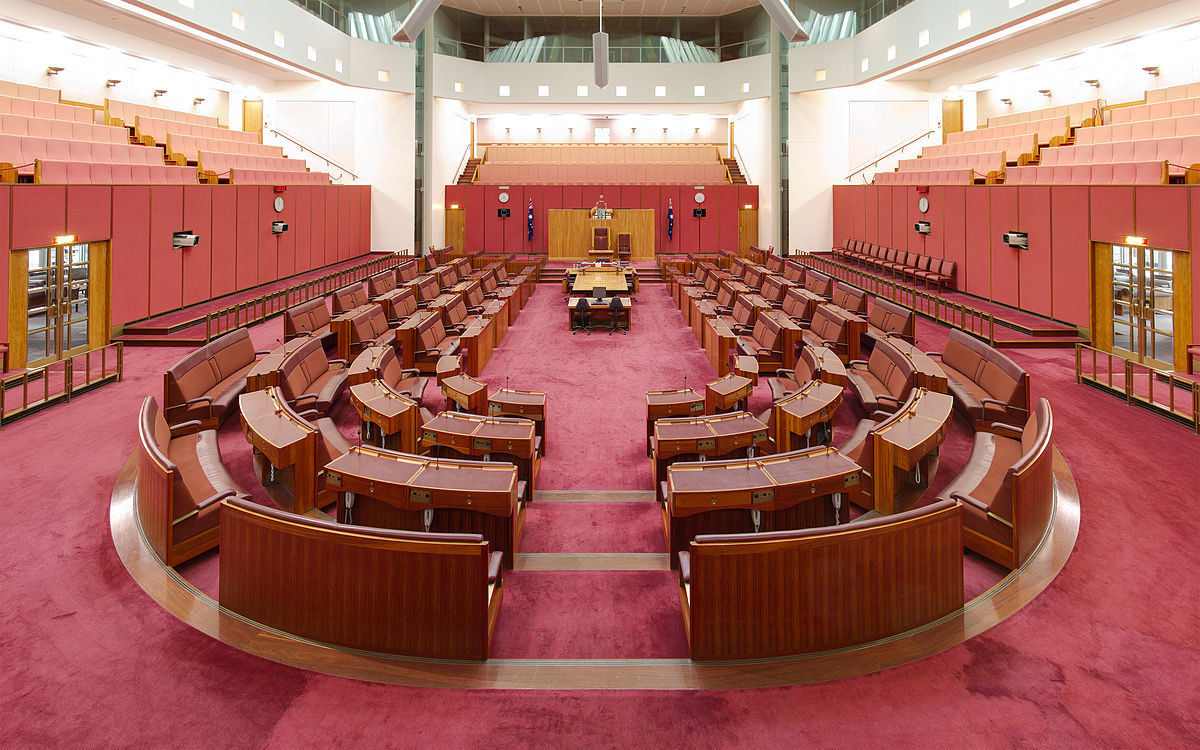-
Render unto Caesar …
The phrase is famous and the story well-known. When the religious scholars of his day were seeking to entrap Jesus they asked him whether it was lawful to pay tax to the Emperor. Jesus asked them to bring him a coin. They showed him a denarius and he asked them “Whose image is on the coin”. They replied, “Caesar’s” Then he said to them: “Render therefore unto Caesar the things which are Caesar’s; and unto God the things that are God’s.” In Christianity, the phrase has come to be seen as a principle for ordering the relationship between civil government and religion, although as Christ spoke in allegorical terms –…
-
Harmony of Science and Religion: History of an Idea
A Baha’i principle is that of harmony of science and religion. The use of “harmony” to express the relationship between science and religion is apt – as it captures the idea that each is incomplete without the other. Like notes in music, we don’t experience the beauty of the whole until we hear them together. Thus, as we have seen in previous articles, science is a means of freeing religion of superstition, prejudice and fanaticism and religion is a means of fostering the dedication of science to peace and human welfare. It is helpful to think about these concepts within the broader context of how the relationship between science and religion has been…
-
Human Nature and the Temple at the Dawn of Time: Gobekli Tepe
In the last twenty or so years archeologists have excavated a temple that was built so long ago that no human being had yet thought of planting a crop. It was built so long ago that only stones and bones were used to create it and the many works of art that adorn it. The temple was built before the wheel, before animal husbandry and before the creation of pottery. It precedes large scale government. It precedes the invention of armies, cities and empires. It was created by people who hunted and gathered to collect their food. The temple’s scale forces us to rethink everything we thought we knew about…
-
Agora movie – seeing ourselves through an alien past
The movie Agora (director Alejandro Amenábar) is not history, but perhaps, it rises to allegory. It is well worth watching, despite its ‘interpretative’ approach to history. It is a movie which captures deeper truths about human relationships and its fictionalized past helps us understand the challenges of our conflicted present. The struggles of Agora’s characters are enriched by Dario Marianelli’s haunting film score and the movie’s epic intellectual and scenic setting. Agora takes us to the unfamiliar world of fourth century Alexandria. It is a world being overtaken by change. Certainties of a pagan past are fading as new Christian ways of being emerge. It is a world beset with…
